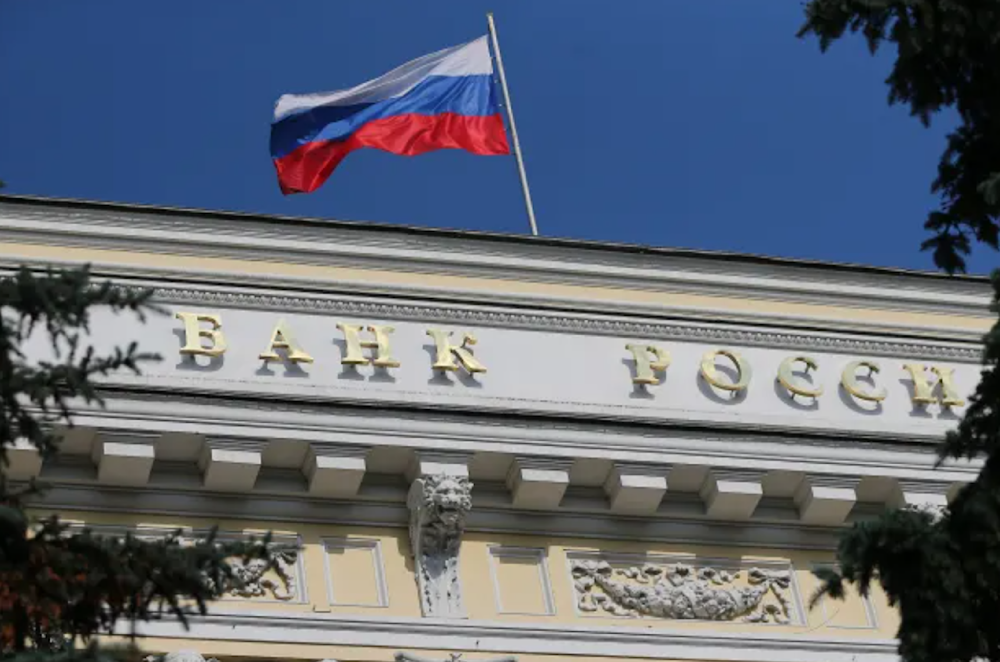EU approves plan to use profits from frozen Russian assets
Czech Foreign Minister Jan Lipavsky posted on the social networking site X that this decision will supply Ukraine with up to €3 billion ($3.3 billion) this year.
-

Russia's Central Bank building in Moscow, Russia, undated (TASS)
According to Bloomberg, the European Union agreed on a plan on Tuesday to utilize the income from blocked Russian sovereign assets to boost Ukraine's rehabilitation and military spending.
Czech Foreign Minister Jan Lipavsky posted on the social networking site X that this decision will supply Ukraine with up to €3 billion ($3.3 billion) this year, with the military receiving 90% of the funds.
According to EU plans, Ukraine will get net earnings starting on February 15. According to Euroclear's first quarter financial figures, about €159 billion in frozen Russian assets made a net profit of €557 million since that date
We have approved in the EU using revenues from Russia's central bank's frozen assets to help Ukraine.
— Jan Lipavský (@JanLipavsky) May 21, 2024
Up to €3B only this year, 90% goes for Ukraine's military. Russia must pay for its war damages.
Profits earned before February 15 will be held by Euroclear to cover any risks arising from legal action in Russia. The EU proposal also contains a provision that allows the clearing house to keep more cash if its current resources are insufficient to meet any sudden and unforeseen concerns.
The idea was adopted by EU affairs ministers in Brussels following months of haggling among member states over concerns about potential legal challenges, Russian reprisal, and the euro's stability.
The assets are projected to earn around €5 billion per year, with Ukraine getting help twice a year.
Russia, IMF warned before about this move
Russian Finance Minister Anton Siluanov stated on February 26 in an interview with RIA Novosti that if the West applies its threats to Russia and confiscates Russian assets blocked abroad, Russia's response will not be nice. He stressed that the West also has assets in Russia that could be endangered if the latter's funds are used.
"This is not a question for us, we are following the decisions of Western countries," Siluanov emphasized, then added, "We have frozen no less [of Western funds]. Any actions with our assets will receive a symmetrical response."
In addition, the International Monetary Fund (IMF) cautioned on February 22 that Western plans to seize frozen Russian assets could pose a threat to the global monetary system and entail unforeseen risks.
"From our perspective, it is important that any actions have sufficient legal underpinnings to avoid potential risks, and these include risks of litigation, risks of countermeasures, and risks to the international monetary system," IMF spokesperson Julie Kozack told reporters.

 3 Min Read
3 Min Read









